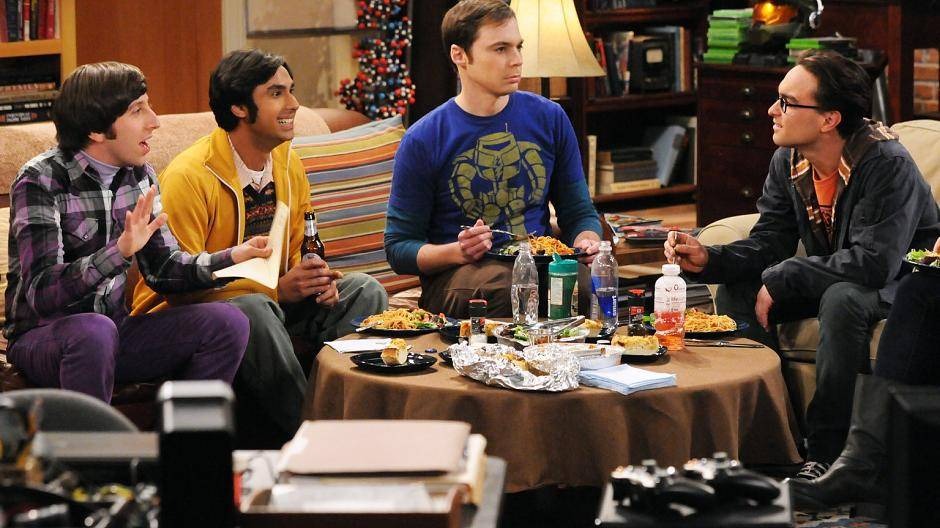
Sheldon Cooper, brought to life by Jim Parsons on The Big Bang Theory, remains one of television’s most iconic characters. With his razor-sharp intellect, lack of social awareness, and inflexible routines, Sheldon was as infuriating as he was entertaining. Yet, his friends—Leonard, Penny, Amy, and the rest of the gang—consistently tolerated his quirks. Why? The answer lies in understanding Sheldon’s complex personality, his emotional dependence on his friends, and the bonds that transformed him over time.
Sheldon: A Genius with Social Limitations
Sheldon’s brilliance as a theoretical physicist often isolated him emotionally, leaving him blind to social cues. His bluntness and egocentric tendencies were not rooted in malice but rather in an inability to understand the nuances of human interaction. Leonard, in particular, understood this dynamic and acted as Sheldon’s steadfast buffer, enduring his quirks with remarkable patience.
Sheldon’s lack of social finesse often led to cringe-worthy or outright offensive situations, yet his friends recognized his intent was rarely harmful. This understanding allowed them to forgive his behavior, knowing it stemmed from a place of emotional disconnect rather than cruelty.
Sheldon’s Emotional Dependence on His Friends
For all his independence and confidence in his intellectual superiority, Sheldon heavily relied on his friends for emotional stability. Leonard was his anchor to the outside world, while Penny offered tough love and emotional grounding. Amy, on the other hand, played a pivotal role in helping Sheldon explore his emotional capacity, nudging him toward personal growth.
Over time, Sheldon’s need for his friends became apparent in subtle ways. While he rarely expressed gratitude outright, moments of sincerity and vulnerability—such as his affection for Amy or occasional acknowledgments of his friends’ importance—showed a deeper emotional connection beneath his eccentric facade.

Patience, Understanding, and Unconditional Support
Sheldon’s friends exhibited remarkable patience, tolerating everything from his rigid routines to his insensitive remarks. They recognized that his actions were not intentional slights but rather a byproduct of his unique brain. Penny, in particular, once remarked that Sheldon didn’t set out to hurt others; his mind simply didn’t process social dynamics the way most people’s did.
This understanding fostered a rare kind of unconditional acceptance. Despite his flaws, Sheldon’s loyalty, intelligence, and unique perspective added value to their group. His friends’ willingness to accept him for who he was allowed their bonds to deepen, proving that genuine relationships often require patience and empathy.
Sheldon’s Growth Through Relationships
Sheldon’s evolution over the show’s 12 seasons is a testament to the transformative power of relationships. Though resistant to change, his connections—especially with Amy—helped him develop greater emotional awareness and even adapt some of his rigid behaviors. Amy’s influence was profound, encouraging Sheldon to explore emotional intimacy and navigate social situations more effectively.
The culmination of Sheldon’s growth was his Nobel Prize acceptance speech, where he expressed heartfelt gratitude to his friends for their unwavering support. This rare moment of humility highlighted how much he had come to value the relationships he once took for granted.
Why They Stuck Around
Ultimately, Sheldon’s friends endured his antics because they saw beyond his surface flaws. They understood that his brilliance came with challenges and accepted him for who he was. In return, Sheldon’s unique perspective and loyalty enriched their lives, creating a bond that sustained them all.
By the series’ end, Sheldon hadn’t completely changed—but he had grown. His relationships helped him appreciate the value of connection, and his friends’ patience and love gave him the stability to thrive in both his personal and professional life.